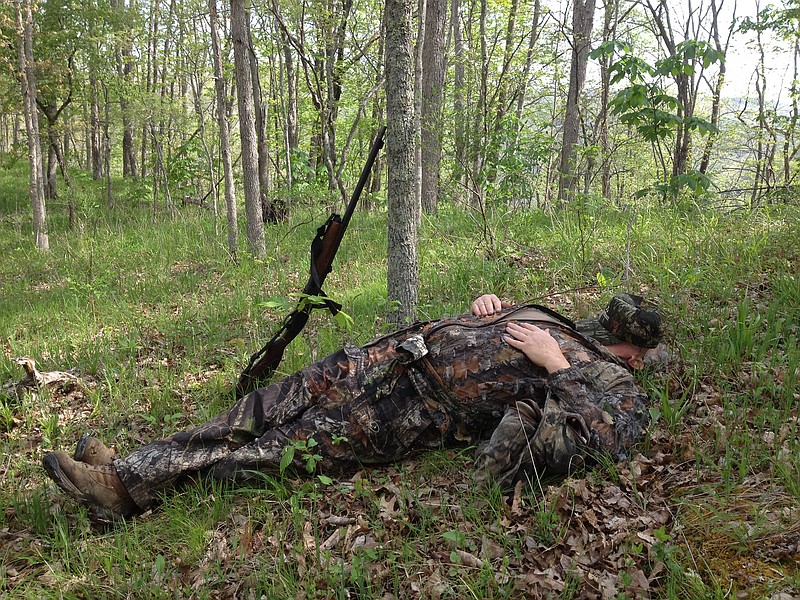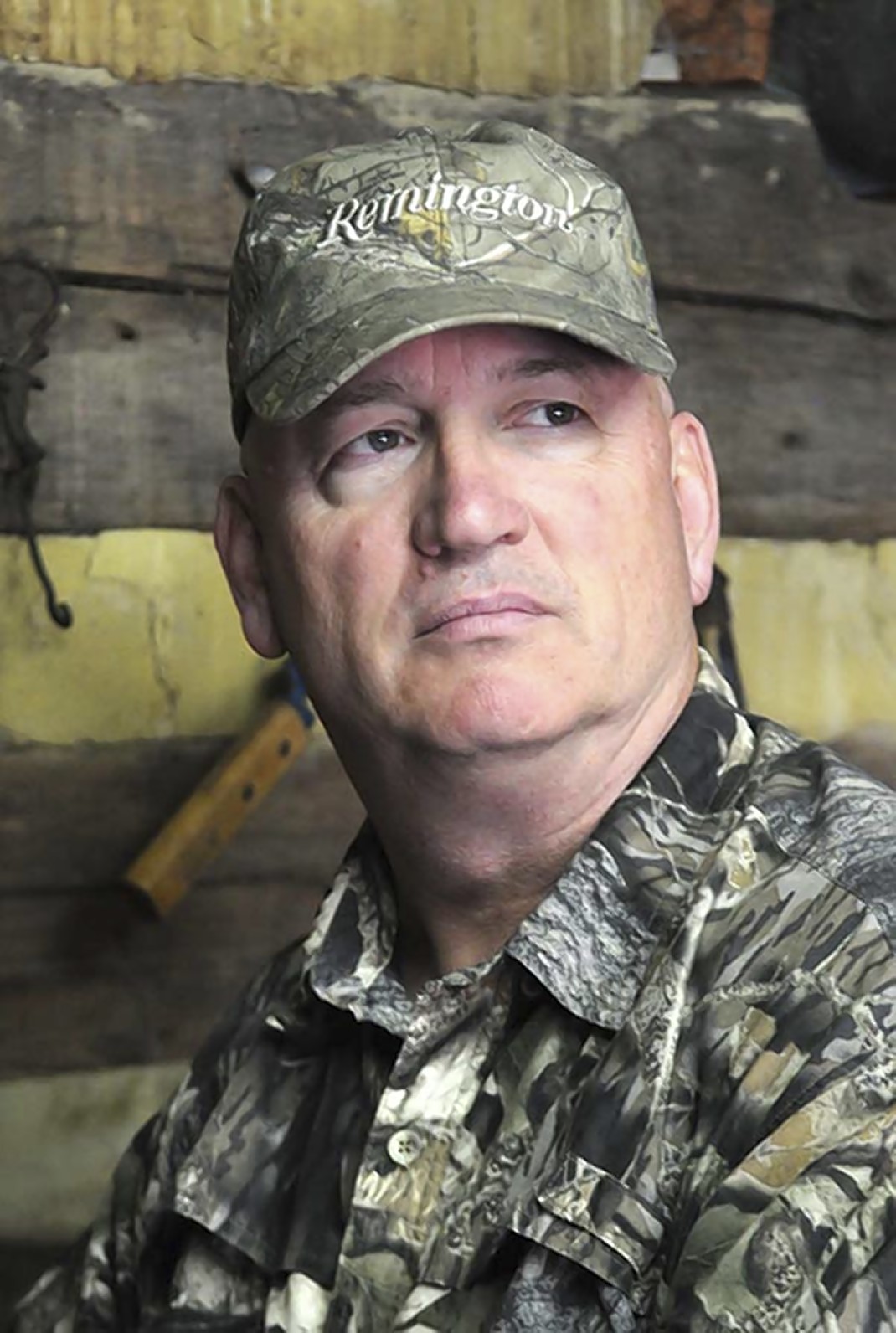We are well into the second week of spring turkey hunting season here in the most beautiful and impoverished state of good ol' West-by-God-Virginia, and the Commonwealth of Virginia is at about the same point in the game calendar. Pennsylvania hunters are among those just getting started, while Georgia, Tennessee and other states have had several weeks of this torture.
And torture it is as we turkey hunters endure getting out of perfectly good beds in the middle of the night, then driving dangerous back roads in the dark, weaving around pesky deer, opossums and other denizens of the dark who are just trying to make it home after a rough night out. Writing as much as I do about turkeys and turkey hunting as your faithful outdoors scribe, I get letters and emails about this subject because it is on the minds of many sportsmen (and sportswomen) out there.
A lack of sleep may be the No. 1 struggle for spring turkey hunters. As I've written about many times before, most spring hunters want to be in the woods listening for a turkey to gobble well before the break of day. This requires them to get up from a warm bed in the middle of the night and venture forth when the werewolves, vampires and - even more dangerous - sneaky deer that want to jump in front of your truck are out there skulking around.
Turkey hunters deal with the sleep problem in different ways, most of which involve large amounts of caffeine. I personally could not make it through spring gobbler season without coffee and lots of it. Some of the younger crowd seems to go for the energy drinks or Diet Coke at 4 in the morning. How they can drink these things at that time and watch for a werewolf is beyond me. I actually saw a werewolf drinking a Red Bull early one morning, so I guess they deal with the same sleep problems.
The best thing to do, of course, is to get in bed early the day before and allow for a good night's sleep. I don't know of any turkey hunters who actually do this, though, because it would mean hitting the sack at about five in the evening, which is just about the time most of the hunters in camp are getting wound up and telling turkey stories you have heard at least five times since yesterday. I usually just drink more coffee and try to get a nap at midday (which never seems to happen). By the end of the season, you are usually so worn out and grouchy that your friends, coworkers and spouse or significant other have had it with you and turkey hunting for another year to the point they may sign you up for some form of therapy.
Now we need to address that nap topic a little more, because it is important. Many spring turkey hunters take a nap after a morning of hunting and believe this is the only way to survive the season. I agree in theory, but for many reasons it does not seem to work out for me. If I am in a hunting camp with several of my misguided turkey hunting friends, this is usually what happens.
After returning from the morning hunt by around noon, a large breakfast/brunch is usually prepared. After gorging on bacon, eggs, sausage and maybe a fried bologna sandwich or two, the smart ones in the crowd sneak away immediately to hole up and nap. I am usually trapped by those who don't seem to need a nap and want to tell the story about calling a gobbler up this morning for at least the 10th time, a story I can now recite from memory. This is about the time I feel the fog settling in on my brain and I know it is going to be long day.
Sometimes the best way to make way to make up for missed naps is to catch them while you are in the woods and supposedly turkey hunting. It is very common for turkeys to get quiet later in the morning - the gobbling seems to stop, putting everything on hold. (I have often wondered if the turkeys are taking a nap themselves.) At these times, I try to find a comfortable place to stretch out, make one more attempt on the turkey call and then doze.
The songbirds are singing, and usually it is very peaceful. One drawback is the possibility of a big gobbler sneaking in on you and getting spooked by all of the snoring, but it is worth the risk.
By the time the spring turkey hunting season is over, most of us make a big show of saying how sad we are about it. In truth, we are overjoyed we don't have to get up at a ridiculous hour and stumble through the woods just to try to hear a turkey. We can sleep like the dead for a few weeks and catch up.
Enjoy the rest of your turkey season, nap when you can and carry a can of Red Bull in your vest in case you run into any grouchy werewolves.
"The Trail Less Traveled" is written by Larry Case, who lives in Fayette County, W.Va. You can write to him at larryocase3@gmail.com.

